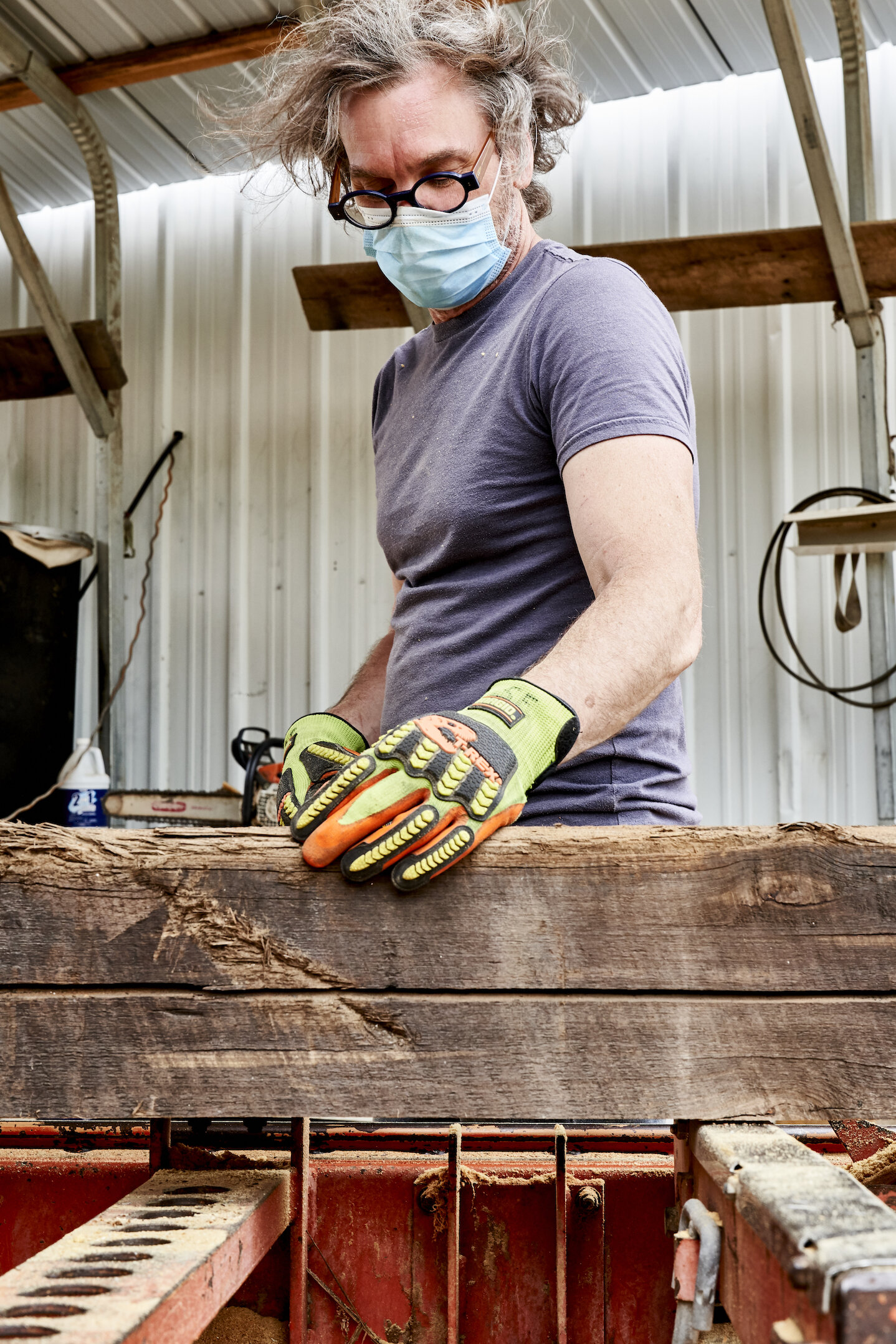When the COVID-19 pandemic hit the United States in March, a shift from in-person to remote work swept every “non-essential” workplace practically overnight. Suddenly television news anchors were broadcasting from their homes against subdued digital backdrops. Classrooms went virtual, and students became expert “zoomers.” Museums shifted their operations to the web, and began sharing ever more content via Instagram and virtual events and tours. Novice sourdough bread enthusiasts shared their exploits on social media, while others sang the praises of a popular YouTube-based yoga teacher. Writing in the New York Times, reporter Dana Rubenstein noted that many politicians and journalists doing interviews from home were conspicuously displaying The Power Broker, Robert Caro’s massive 1974 biography of Robert Moses on their shelves, along with elegant ceramics and framed photos within view of the camera lens. (There’s even a Twitter feed that documents Power Broker sightings on TV.) It almost started to feel normal.
Of course, digital and virtual economies were vital before the pandemic, too. High school TikTok stars and Instagram influencers have real power (and make real money) these days, not as hobbyists, but as stand-up comics, singer-songwriters, and as arbiters of fashion and style. But as the experiences of brave essential workers demonstrated starkly at the pandemic’s height, digital work is limited to certain fields and certain kinds of jobs. There is no such thing as a digital emergency room doctor or EMT, or a virtual bus driver, or an online-only grocery store stocker. We live in the flesh and blood world, and we can only conduct certain aspects of our daily lives from behind a glowing screen.
Like every other business, when the pandemic began, The Hudson Company had to quickly find workarounds in order to keep functioning safely. We were already doing certain things that made this transition possible: we have a website, social media feeds, we can share digital documents and images instantly, and we can communicate with clients and colleagues using video chat. But when New York State mandated that non-essential businesses close down in March, we had to close our showrooms and our Pine Plains mill. Just like companies that make fabric, tiles or lighting fixtures, there are things that simply cannot be accomplished virtually.
Take reclamation, for example: the expertise and hand skills necessary to deconstruct a barn or farmhouse are years in the making. Each old barn is unique, and our experts need to know what they’re looking at and how to deconstruct it, which is a different task every time. What kind of wood is it? How old is it? What kind of shape is it in? Then the wood comes to our mill. How should it be treated and processed? What features does our client need for a particular project? The tools and techniques required to mill and finish wood, especially to the high standards we’re known for, are not something that can be mastered overnight, nor can they be accomplished alone. Our team has years of expertise, and they work together in real time to produce the flooring and paneling we offer.
New York State has started lifting some of the restrictions for non-essential businesses, but we’re still practicing social distancing, frequent handwashing and mask-wearing, and probably will continue to do so for some time. This may be our new normal. We usually hear the word “manufacture” in the context of industry, and we picture assembly lines, huge factories, and smart machines making things at high speed. But the word “manufacture” itself predates industry, and its Latin root words mean “to make” (facere) “by hand” (manus). Our digital tools, from Instagram to Zoom, have kept us connected these past few months, and we’re grateful for them. Indeed, we probably couldn’t survive without them. But if this experience has taught us anything, it’s that nothing can replace the know-how, creativity, or trained eye of a human being.






